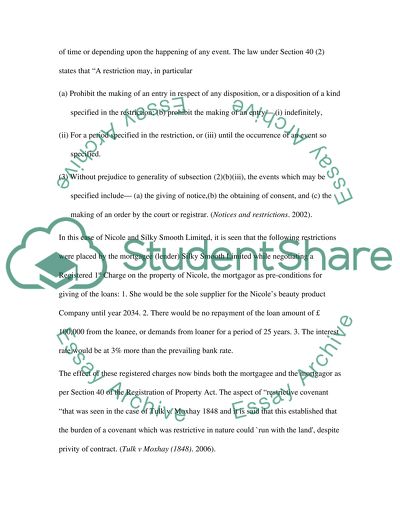Cite this document
(“Land Law Case Study Example | Topics and Well Written Essays - 3000 words”, n.d.)
Land Law Case Study Example | Topics and Well Written Essays - 3000 words. Retrieved from https://studentshare.org/law/1530597-land-law
Land Law Case Study Example | Topics and Well Written Essays - 3000 words. Retrieved from https://studentshare.org/law/1530597-land-law
(Land Law Case Study Example | Topics and Well Written Essays - 3000 Words)
Land Law Case Study Example | Topics and Well Written Essays - 3000 Words. https://studentshare.org/law/1530597-land-law.
Land Law Case Study Example | Topics and Well Written Essays - 3000 Words. https://studentshare.org/law/1530597-land-law.
“Land Law Case Study Example | Topics and Well Written Essays - 3000 Words”, n.d. https://studentshare.org/law/1530597-land-law.


